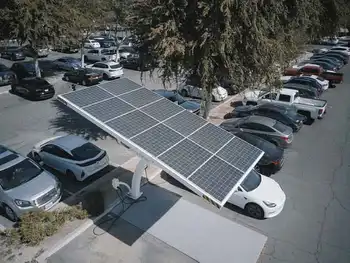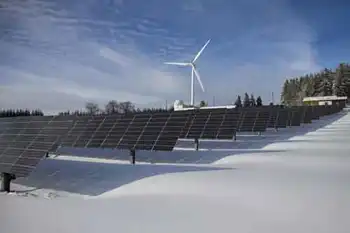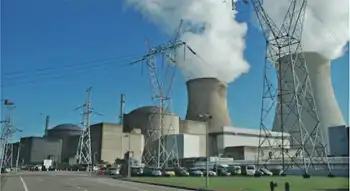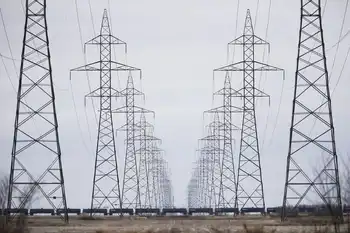TransAlta, Alstom to develop carbon capture and storage
The project will pilot Alstom's proprietary Chilled Ammonia Process. TransAlta considers the Chilled Ammonia Process as one of the more promising and potentially lowest cost solutions for CCS. TransAlta's plan with Alstom is to test the technology at one of TransAlta's coal fired generating stations west of Edmonton and reduce current CO2 emissions by one million tonnes per year.
"Our project with TransAlta is a key part of our objectives for the early deployment of the technology. There will be no CCS without storage, and we are aware of the favorable geological conditions in Alberta, Canada. That is why we have set this region as a priority for our development efforts," said Philippe Joubert, Alstom Executive Vice President and President of Alstom Power Systems.
The first phase of the overall project, aimed at advancing and improving understanding of CO2 capture and storage technology, will begin this year with engineering, stakeholder relations and regulatory work at a cost of approximately $12 million. This, and subsequent phases, are subject to partner and government funding, and will continue over the next five years with testing expected to commence in 2012.
Coal-fired generation accounts for almost half of the generating capacity in North America - it is essential that processes be developed to find an economically viable way to retrofit existing infrastructure.
"We think it is important to advance the science of CCS if Canada, and the world, are to effectively reduce CO2 emissions," said Steve Snyder, President and CEO of TransAlta. "Over the long term, we believe CCS can be a source of competitive advantage for TransAlta and for Canada. These initial projects, however, are not commercially viable at this point, and will not proceed without industry and government partnerships."
TransAlta has also partnered with experts at the Institute for Sustainable Energy, Environment and Economy (ISEEE), part of the University of Calgary, to quantify CO2 sequestration potential in the Wabamum area west of Edmonton. The results, due in January 2009, will provide a scientific assessment of potential sequestration sites in the area surrounding several power plants including their capacity and security.
Related News

Europe's EV Slump Sounds Alarm for Climate Goals
BERLIN - A recent slowdown in Europe's electric vehicle (EV) sales raises serious concerns about the region's ability to achieve its ambitious climate targets. After years of steady growth, new EV registrations declined in key markets like Norway, Germany, and the U.K. in early 2024. Experts are warning that this slump jeopardizes the transition away from fossil fuels and could undermine Europe's commitment to a net-zero emissions future.
Factors Behind the Decline
Several factors are contributing to the slowdown in EV sales:
- Reduced Incentives: Many European countries have scaled back generous subsidies and tax breaks for EV purchases.…





